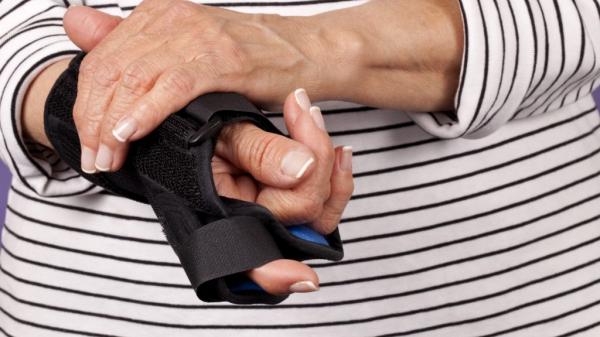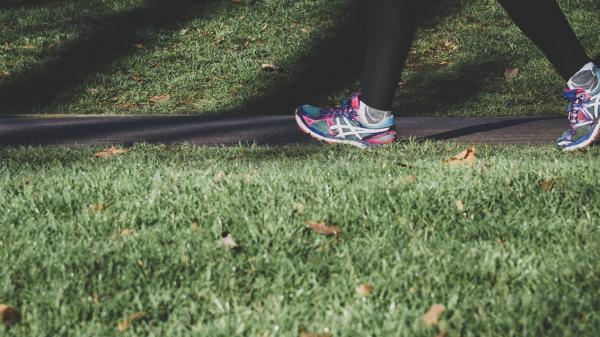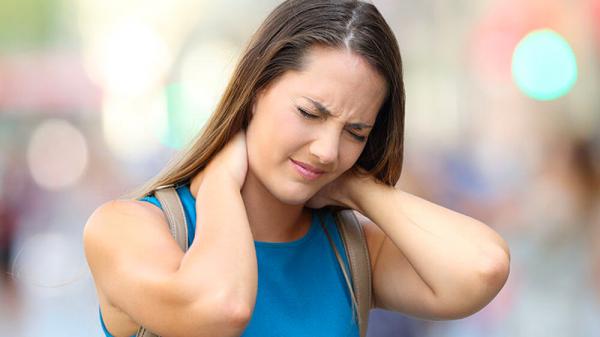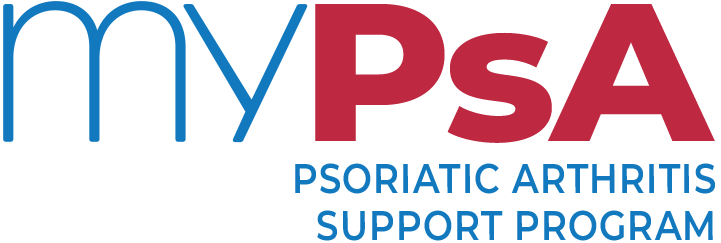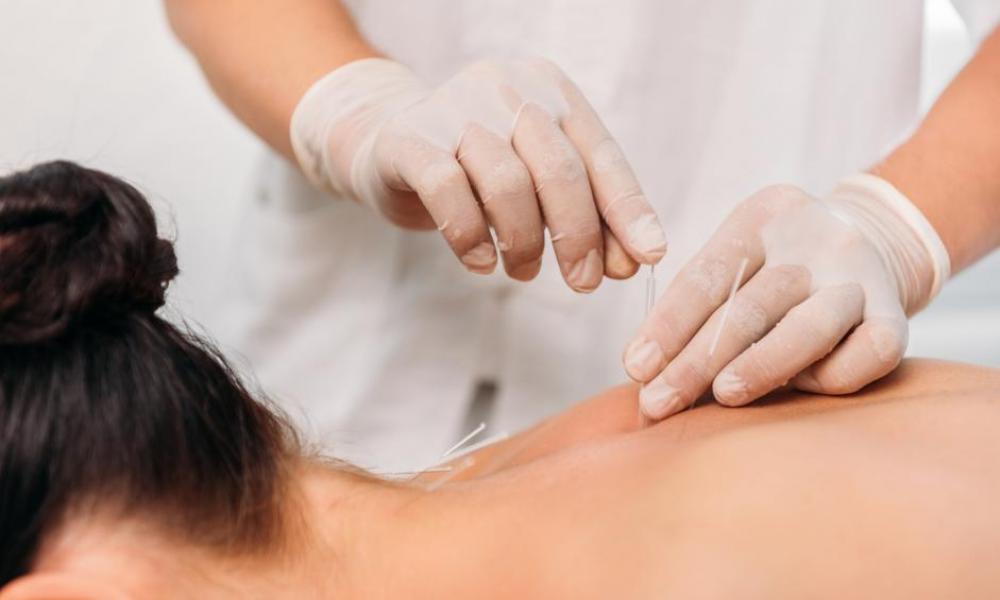
What is acupuncture?
Acupuncture involves inserting fine needles at particular points in your skin. The therapist may also stimulate the needles manually, by heat (with a dried herb called moxa) or by a small electrical current (electro-acupuncture). Because the needles have to be left in place for some time, practitioners often treat more than one person at a time.
The needles are very fine, so having them inserted is rarely painful. Sometimes you may have a sensation of heaviness or tingling at the insertion site, and this is considered a good sign.
Acupuncture seems to relieve pain by diverting or changing the painful sensations that are sent to your brain from damaged tissues and by stimulating your body’s own pain-relieving hormones (endorphins and encephalins). This pain relief may only last a short time when you begin treatment, but repeated treatment (usually weekly for six or eight sessions) can sometimes bring long-term benefit, up to several months. If the pain returns, then more acupuncture may help for another few months.
Studies on acupuncture for arthritis have not shown significant improvements in joint swelling, damage, or other markers of disease activity. However some people experience pain relief.
Is it safe?
Acupuncture generally has a very good safety record. It could potentially transmit diseases if needles were re-used, but disposable needles are now standard practice, and there are strict guidelines regarding their disposal.
Feeling dizzy or faint after a session of acupuncture is fairly common, and it can occasionally cause bleeding and bruising.
If you're pregnant it's important to discuss acupuncture with your doctor or therapist as certain acupuncture points should be avoided during pregnancy.
There are also rare cases of serious side effects and so it is important to look for a qualified practitioner. The Australian Acupuncture and Chinese Medicine Association can help you find an accredited acupuncture practitioner or ask your doctor to recommend a certified provider.


